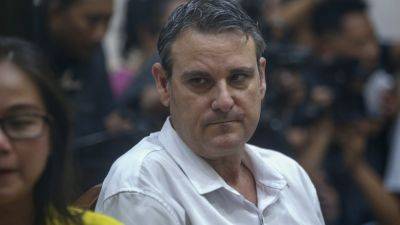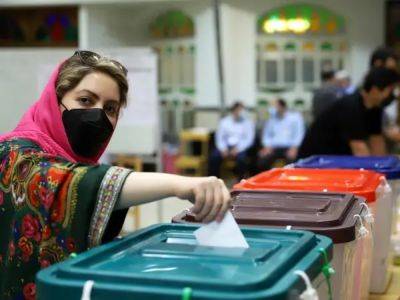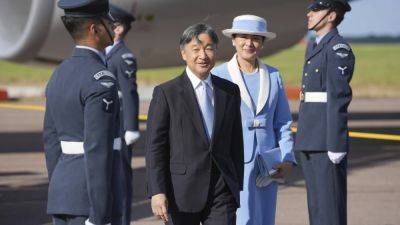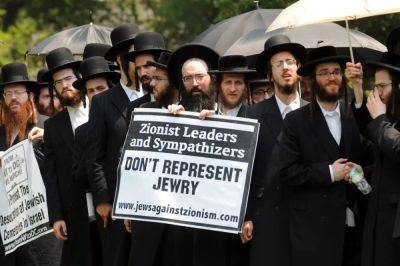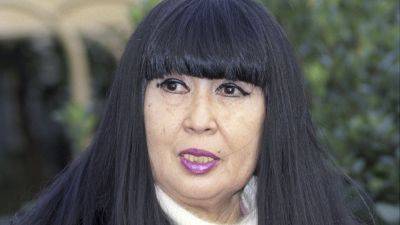Will foreign recruits be willing to die for Australia?
From July this year, New Zealand nationals will be eligible to serve in the Australian Defense Force. From January 2025, so will Americans, Canadians and Brits. This raises a number of political and ethical issues that will need to be addressed in due course, but some of the early misgivings are unfounded.
Under the new rules, a foreign national from any of these countries need only live in Australia for one year before applying for admission. One might wonder whether this is enough time for any individual to become sufficiently socially bonded to Australia.
So, will these new recruits identify with the civilian population they are entrusted to protect? Maybe not. But why assume other members of the force are any different in this respect?
Us and them
In countries that rely on professional volunteers to populate their armed forces, the military and civilian worlds tend to drift apart and develop distinct (and often conflicting) sets of values, ideologies and attitudes.
Journalist Arthur Hadley once called this “The Great Divorce.” Sociologists today usually call it the “civil-military gap.” It tends to give rise to what I have elsewhere called “warrior-class consciousness.” This is where soldiers come to think of themselves as a distinct caste, rather than a sample of the general population from which they are drawn.
Over time, this feeling of being separate from one’s parent society can mutate into feelings of contempt and even hostility toward the civilian “other.”
US journalist Thomas Ricks found evidence of this among US Marines in the 1990s. At the time, he described it as their “private loathing for public America.”
Even after a relatively short period of time in the service, Ricks noticed that Marines started


